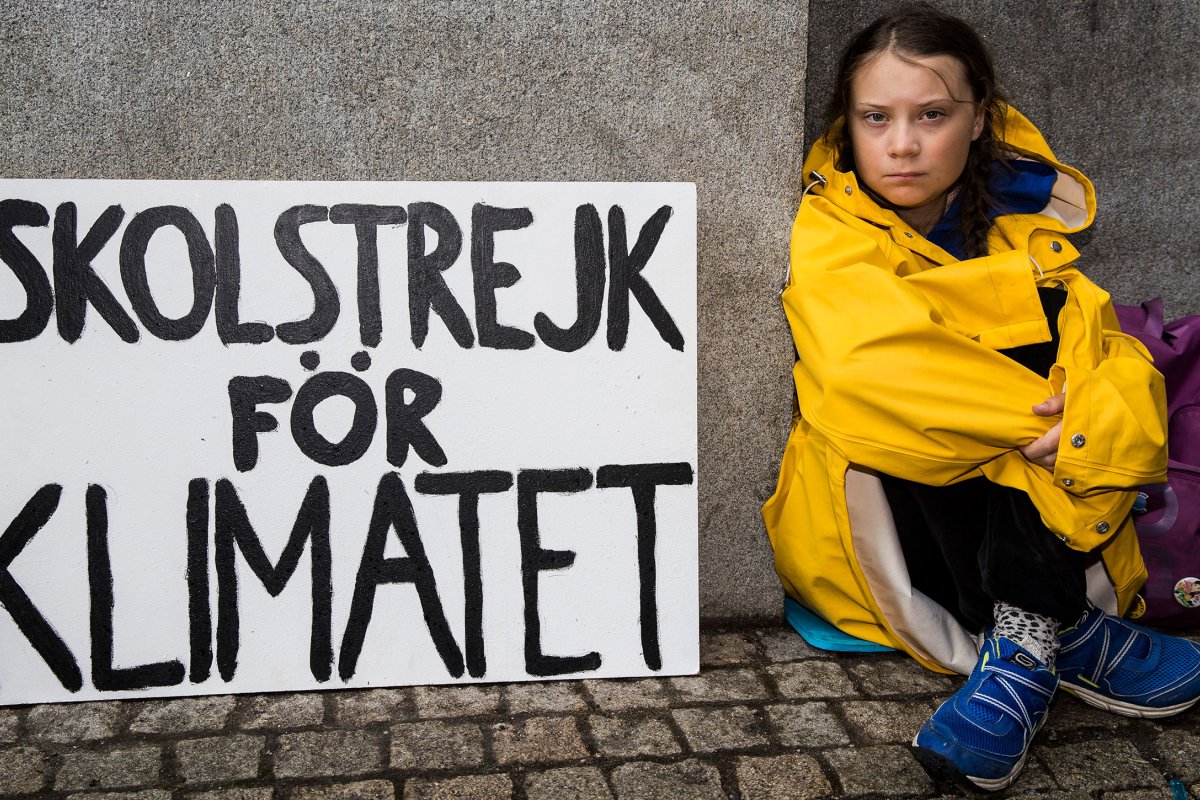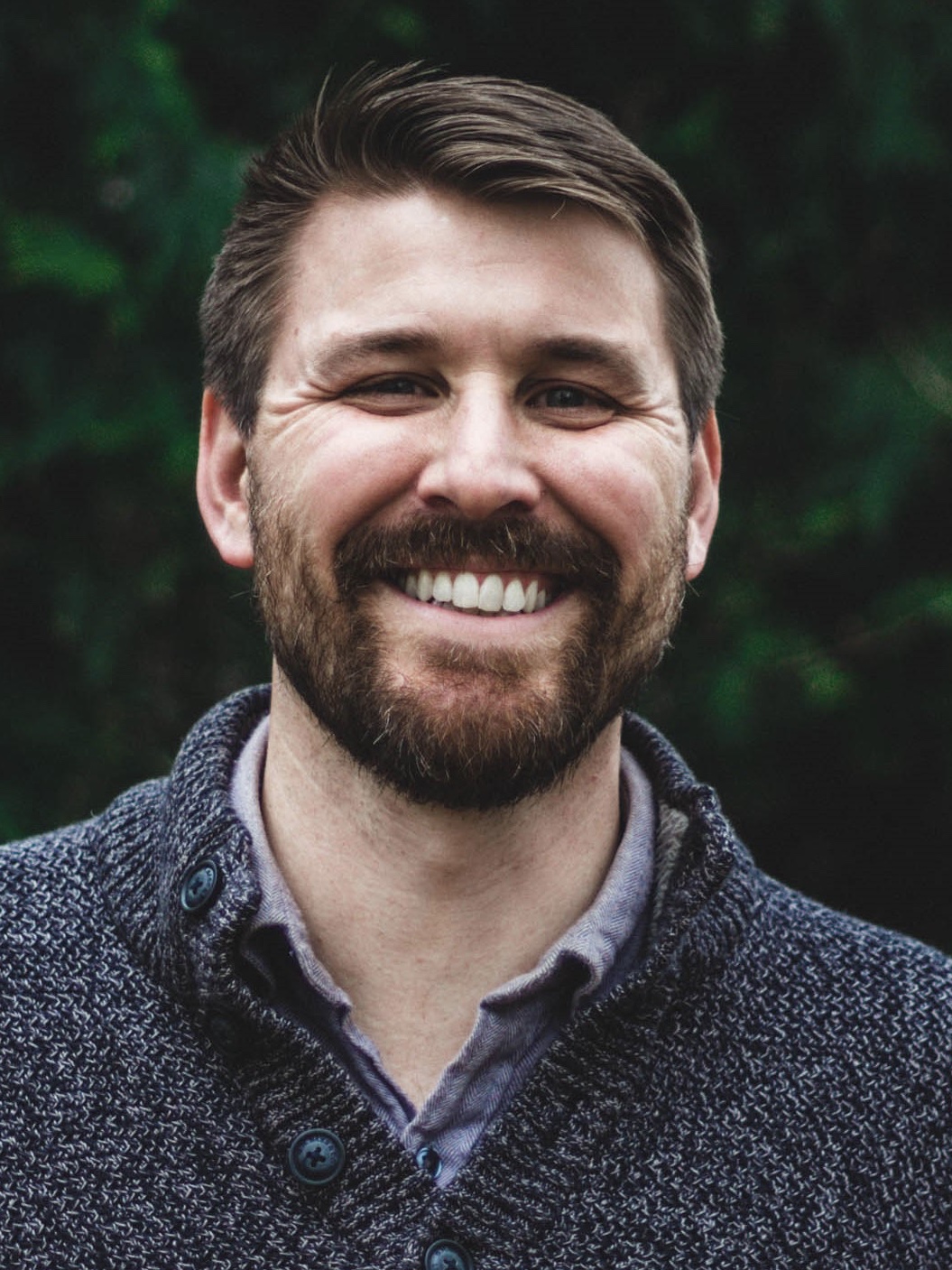
Is the Climate Crisis a Secular Eschatology?
What does religion have to do with climate change activism?
The Swedish climate activist Greta Thunberg’s yearlong campaign for transnational solutions to the global climate crisis gained widespread attention this past month with coordinated climate strikes totaling an estimated four million participants worldwide and culminating in Thunberg’s own address to the United Nations Climate Action Summit.
The response from right-wing critics has been virulent and has picked up on a curious theological criticism with a long pedigree: the idea that climate activism is a secularized mimicry of Christian eschatology. The critics argue that in lieu of the refrain from the Lord’s Prayer voiced around the world each Sunday—“Thy Kingdom Come”—Greta Thunberg’s climate alarmism offers its own apocalyptic word about coming judgment and last things.
As Gerard Baker puts it in an editorial for The Wall Street Journal, “The High Church of Environmentalism has acquired many of the characteristics of its ecclesiastical predecessor. An apocalyptic eschatology warns that we will all be consumed by fire if we don’t follow the ordained rules.” Sumantra Maitra, writing for The Federalist, describes what he calls “Climate Worship” with much less tact, though with the same insistence that responses to the global climate crisis are creating a new religion, in all the worst ways: “So there you have it. Sexualized dances, psychedelic hallucinogens, worshiping nature, confessing sins in pagan animism, worshiping purified teen saints, and throwing them up on an altar, bereft of their childhood, to promote a greater cause.”
These sorts of accusations are nothing new. While today’s climate activists have attracted vague anti-pagan accusations because the integrity of non-human nature is central to their message, many precursors to Thunberg—that is, other prophets of futures that hang in the balance—have faced equally vague accusations of espousing a secularism that borrows from Christian tropes about the end times. The idea that there are “secularized eschatologies” running off the fumes of an older Christian culture has been a popular criticism of political ideologies ranging from Marxism to socialism, liberal progressivism, and even to Silicon Valley capitalism. Each of these worldviews offers a vision of the end, whether that end is a workers’ paradise or a posthuman point of singularity.
To argue that the secular is often more religious than it seems is, I think, correct. Especially over the last few decades, closer scrutiny of the religious underbelly of modern global societies by sociologists and religious studies scholars has offered a helpful corrective to twentieth-century secularization theses asserting that modern society is steadily and inexorably “losing” its religion.
But the critics of liberal progressivism and climate activism are doing something more than merely identifying traces of religiosity within the secular sphere. These critics are constructing an elaborate and sometimes conspiratorial genealogy of the secular in an attempt to delegitimize it. This new secular religion, so the genealogy goes, masks itself as wholly scientific and ethically motivated, but in fact plays on our basically religious fears and desires concerning our earthly security. It does so, moreover, in a direct attempt to supersede Christianity, whose prophets offer the only valid account of the end times. Secular eschatologies, then, for these critics, are only a pale imitation of the real thing and are in direct competition with it.
Behind many of these accounts stands the work of a German philosopher and émigré from Nazi Germany, who first articulated what would become a dominant anti-progressivist narrative of how purportedly secular ideologies adopt a confused version of Christian eschatology. In Karl Löwith’s 1949 Meaning in History¸ he argues that a linear understanding of history is by no means a natural way to look at the world; instead, it is a part of the Judeo-Christian heritage that overcame earlier cyclical understandings of time (think of holy days based on seasonal harvests, or cosmologies based on history repeating itself), which has since been bequeathed to us moderns, at least in hackneyed form. What we have lost along the way from the Christian account is our sense of eternity beyond history, and so we try to make history explain its own progression, and even to stand in judgment over itself by its own lights.
“The history of the world is the world’s court of justice.” Löwith extracts this line from an eighteenth-century poem and claims that it is “as religious in its original motivation […] as it is irreligious in its secular application.”
He might very well have said the same about Greta Thunberg’s warning to the United Nations that “the young people are starting to understand your betrayal. The eyes of all future generations are upon you. And if you choose to fail us, I say: We will never forgive you.”
Are the prophets of the current climate crisis indeed establishing an illegitimate, secularized eschatology? This question is worth asking despite the reckless bravado with which an affirmative answer is assumed by Thunberg’s anti-liberal critics. By turning to earlier versions of these critiques, we can identify the basic theological concerns that motivate the notion of an illegitimately secularized eschatology.
Most basically, critiques of secularized eschatology worry that merely earthly things are being passed off as revealing divine mysteries, and that merely human visions of our future have superseded Christian hopes for heaven. Löwith’s incredulous reply is that this undermines the very basis of faith: “as if the Christian faith could ever be ‘realized’ at all and yet remain a faith in things unseen!” By understanding the theological anxieties behind these critiques, which have their own history, we are in a better position to scrutinize religious criticisms of climate activism on their own terms.
The question we should be asking is not merely whether there are religious aspects of the current climate crisis that motivate activists like Thunberg. Clearly there are, and this is a well-documented fact of much modern secular discourse. The more pertinent question is this: to what extent do the prophetic voices within the climate crisis claim to supersede earlier theological narratives about the ultimate meaningfulness of history? The answer to this question is much more ambiguous than the criticisms of Thunberg imply, and it will require more precise consideration than it is often given in public discussion.
 |
Author, Evan F. Kuehn (PhD’16), researches modern religious thought. He has two books forthcoming: Theology Compromised: Schleiermacher, Troeltsch, and the Possibility of a Sociological Theology (coauthored with Matthew Ryan Robinson, Lexington/Fortress, 2019), and Troeltsch’s Eschatological Absolute (Oxford University Press, 2020).
Image: Greta Thunberg leading a school strike for climate change outside of Riksdagen, the Swedish parliament building, on August 28, 2018. (Photo: Michael Campanella)
Sightings is edited by Joel Brown, a PhD Candidate in Religions in the Americas at the Divinity School, with assistance from Nathan Hardy, a PhD Candidate in the History of Christianity at the Divinity School. Sign up here to receive Sightings via email. You can also follow us on Facebook and Twitter.


